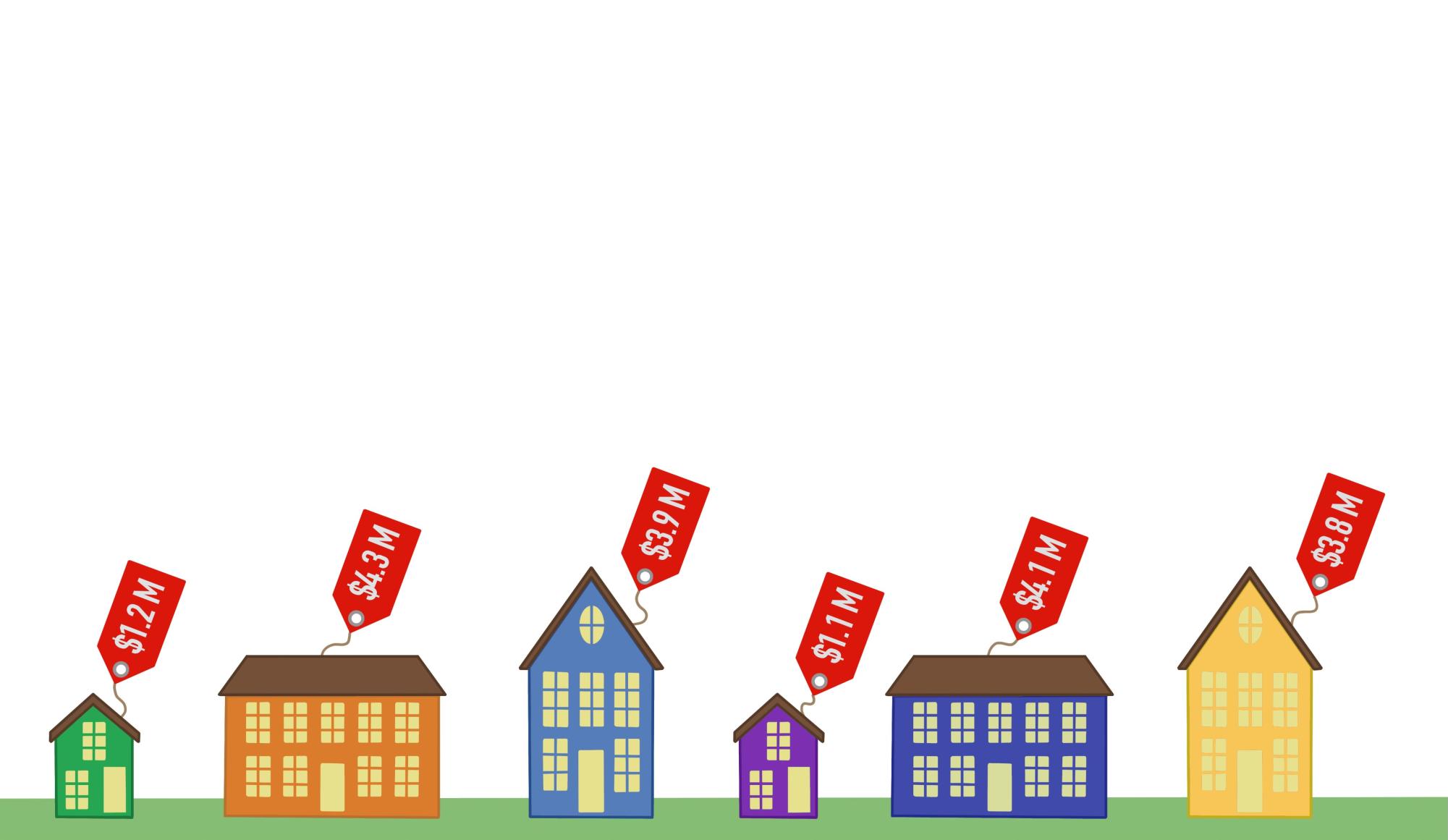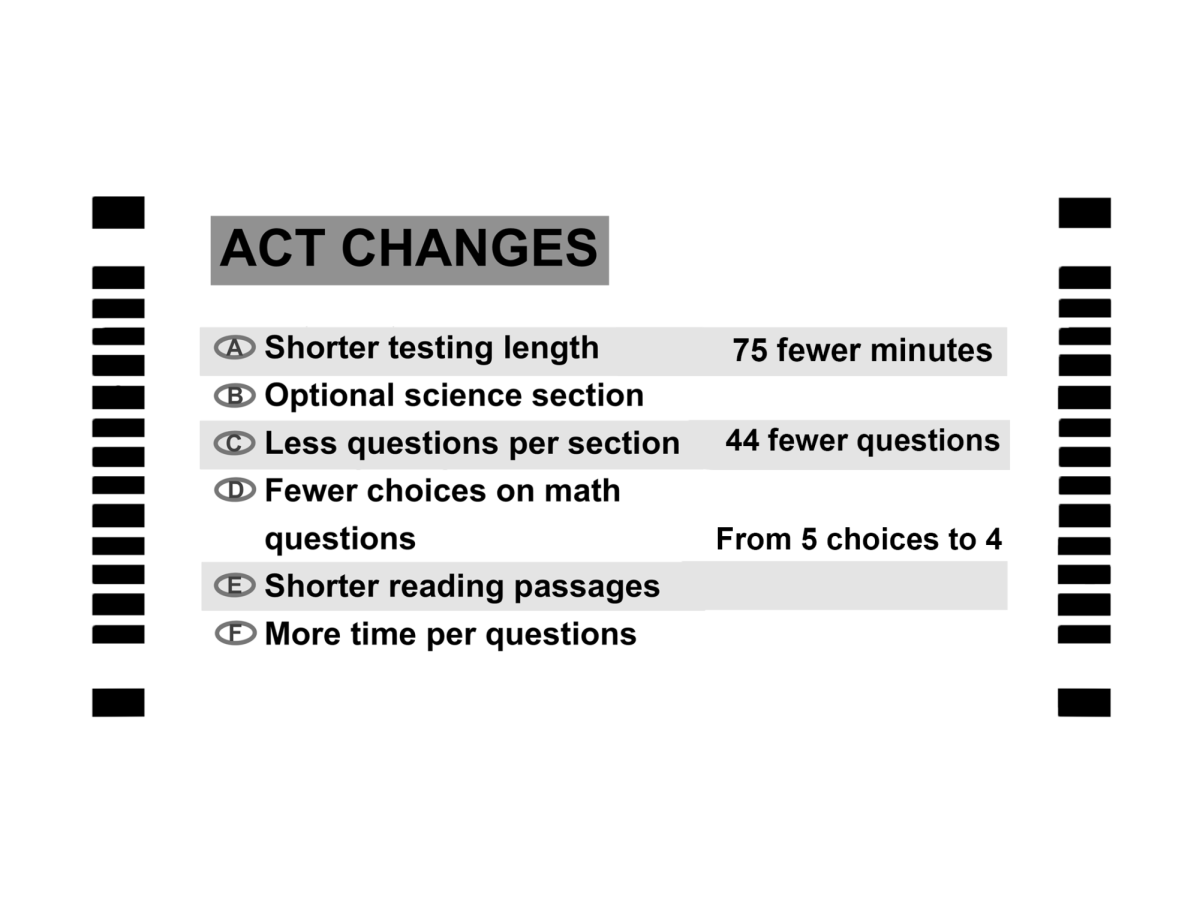The median price of a home in metro Atlanta is currently over $400,000, about five times the median household income in the area.
While high home prices can be partially attributed to inflation, home prices have, nevertheless, outpaced inflation by 2.4 times. The cause of expensive housing in metro Atlanta is not simply inflation, but also the dramatic difference between supply and demand. Currently, according to an annual report by Up For Growth, metro Atlanta has a shortage of more than 100,000 homes, ranking Atlanta 8th in all cities in the U.S. for worst housing deficits. This shortfall has raised the price of housing in metro Atlanta exponentially, perpetuating an unsustainable trend that will continue to strain thousands of renters throughout the city.
In the past four years, 254,000 new residents moved to the metro area. Atlanta, one of the fastest growing cities in the U.S, has attracted hundreds of thousands of people in demand for a home in recent years. However, the supply is not matching the demand — and the underlying cause is Atlanta’s strict zoning policies.
According to the U.S. Census Bureau, 74% of homes in Atlanta are single-family homes, which has put a cap on the total number of people who can live in Atlanta. While multi-family housing would reduce the housing shortage in metro Atlanta, developers face the dual challenges of zoning and government policy.
In order to create multi-family housing, developers need the permission of the municipal or state government, which requires politicians to set aside land for multi-family housing in certain ordinances and bills: an often long and difficult process. On top of this, the process of passing legislation to build multi-family housing is complicated due to the fact that many areas are zoned exclusively for single-family homes, with little room for large apartment complexes. As a result, many areas throughout metro Atlanta, including Morningside, Virginia-Highland and Candler Park, have been flooded with single-family housing units, restricting the total number of homes in the metro area.
With such a limited housing market in metro Atlanta, prices have skyrocketed. In the last decade, the median house price in metro Atlanta has increased 150%, and the median house price continues to increase 4.5% every year. This has ultimately constrained the majority of the population in Atlanta, making it much more expensive to afford living in the city. For example, renters in Atlanta are spending more than 30% of their income on housing costs, revealing the damaging effects that the massive housing shortage is having on the population of metro Atlanta.
While high housing prices affect every demographic, they specifically impact the poor and the lower-middle class. Those who cannot afford housing can be forced into homelessness, contributing to the around 3,000 people in Atlanta already suffering from the homelessness epidemic.
Even if they can afford high rents, the lower-income population of Atlanta is still pinched; living paycheck to paycheck to afford rent completely diminishes any hope of upward mobility. This has ultimately trapped these groups in cycles of generational struggle, making it harder and harder to build wealth, send children to school in their district, afford healthcare and, ultimately, survive the high cost of living in Atlanta.
While Atlanta Mayor Andre Dickens has pledged to make housing affordable, his goal can only go so far. Even though his administration has added 10,000 homes since the beginning of his term in 2022, the crisis will continue to persist without long-term solutions. The housing shortage is a spiraling problem that will continue to worsen year-by-year without direct action, thus necessitating drastic policy change.
This housing shortage isn’t unique to Atlanta, either. All across the U.S., millions of families are feeling the strain of high home prices and small markets. According to Harvard University’s Joint Center for Housing Studies, high economic growth and development restraints have resulted in millions of citizens being priced out of markets or forced to deal with unreasonably high costs of living.
Because of the housing shortage throughout America, the cost of living has been raised significantly, severely damaging the livelihoods of millions. However, by increasing multi-family housing capabilities in Atlanta and also throughout the country, the extremely high housing shortage can be reduced and the cost of living can become affordable again. With the right legislation and more lenient zoning, we can fight a serious crisis that has plagued the city of Atlanta and the nation as a whole.










